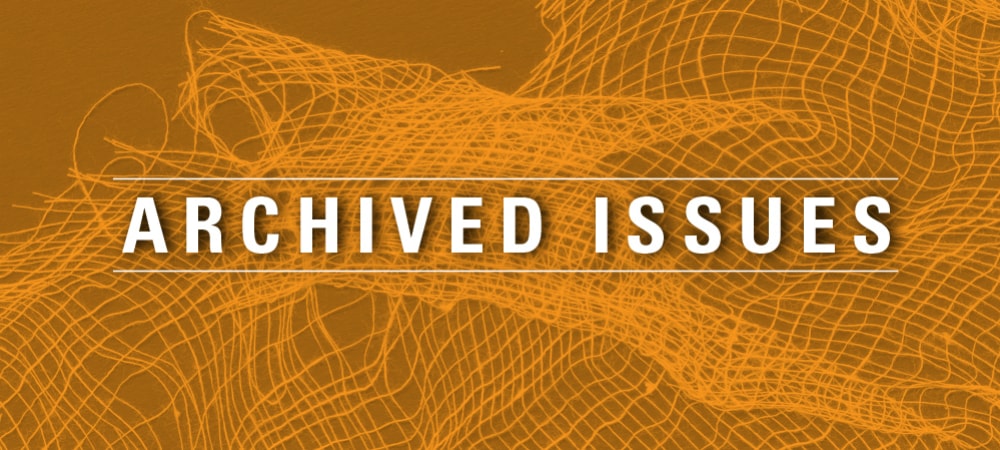Perspectivas is pleased to present its issue for the year 2008. We introduce this issue with a summary of the articles that have been selected for publication.
In his article “Ritual and the Construction of Cultural Identity: An Example from Hispanic Liturgy,” Raúl Gómez-Ruiz draws the reader’s attention to some key questions which moved him to write the book Mozarabs, Hispanics, and the Cross (Orbis, 2007), for which he received the 2008 HTI Book Prize. The questions which lure him to explore the relationship between ritual, culture, and identity begin with the quest to discover the meaning behind particular religious rituals in the Hispanic cultural heritage, namely, those of the Mozarab community in Toledo, Spain. The author begins by drawing his audience to participate with him in the Mozarab processions and Good Friday liturgies of Toledo. His own participation in these liturgies leads him to consider in depth the meaning of ritual in relation to culture and identity. He dis- covers that culture and identity develop hand-in-hand, by means of religious rituals that re-enact sacred events. When the discus- sion of cultural identity and religious ritual is considered in the context of the situation of Latinas/os in the United States, the issue of the construction of identity comes to the fore.
Alberto Hernández situates Gómez-Ruiz’s book in the broader context of the history of Christianity and Spain as a significant contribution to the academic, theological, and cultural project of recovering the history of the medieval Iberian Catholic tradition, a tradition whose ancient Mozarabic elements still influence Hispanic spirituality in Spain and portions of the former Spanish Empire. The author responds first as a historian specializing in the religious history of medieval and early modern Spain. And, sec- ondly, he responds from the viewpoint of a Hispanic American whose questions on cultural identity and family heritage reflect similar themes raised by Gómez-Ruiz about Hispano-Mozarabic ritual practices, liturgy, and cultural identity
Peter Casarella responds to the work of Raúl Gómez-Ruiz by focusing on what Mozarabic identity might mean to Latinas/os. He begins by considering further the issue of a Mozarabic com- munal identity which, “apart from liturgical acts,” is hardly acknowledged by fellow Spanish citizens. He then raises the ques- tion of whether Mozarabic identity can, in this sense, be compared to Latina/o identity, drawing attention to the disparities between Mozarabs and Latinas/os, even as he addresses the possibility of their similarities. Next, he elaborates on the symbolism of the cross which is presented in Mozarabs, Hispanics, and the Cross and lastly comments briefly on the type of liturgical theology which appears in this book.
“Strangers No More” is a collaborative project that has devel- oped a forum for the purpose of bringing Latina/o and African American scholars of theology and religion in dialogue with one another in order to facilitate partnership and mutual support. We share with our readers several documents that developed as a result of two workshops that were held in November 2005 and November 2007 at the annual joint meetings of the American Academy of Religion and the Society of Biblical Literature. The authors of these documents include: Sharon Watson Fluker, Edwin Aponte, Evelyn L. Parker, James Logan, Elaine Padilla, Stephanie M. Crumpton, Néstor Medina, and Kamasi Hill.
Suzanne E. Hoeferkamp Segovia, PhD
Managing Editor



